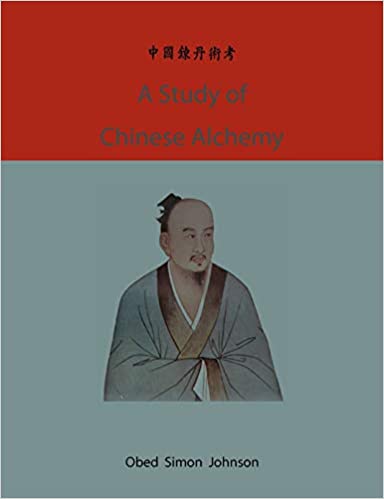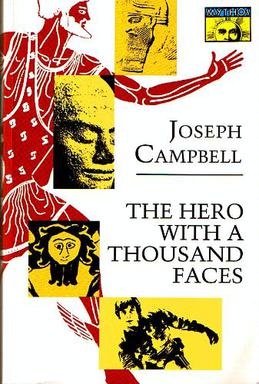
Obed Simon Johnson trained as a Swedish Covenant pastor. He was sponsored by the American Board of Commissioners for Foreign Missions (a Congregational organization) to go to China as a missionary. There he met another missionary, Vida Lowrey. They were married in Shanghai and raised two children, Johanna Dorothea and John Waldemar. They spent fourteen years in Shanghai, learning the language, history and customs of China. When Vida’s malaria worsened, Obed brought the family to the States, where he did two years of post-graduate work at the University of California at Berkeley.
Rev. Johnson taught the Chinese language, history and civilization while taking advanced classes on Asia. His principal faculty adviser was Dr. E. T. Williams. Obed came from rural Iowa, Williams from rural Ohio. Williams had gone to China in 1887 as a missionary. After nine years, he was appointed interpreter to the American Consul General in Shanghai. Williams held other offices in the U.S. State Department before returning to the States to teach at the University of California at Berkeley. The two men much in common.
Obed wrote in his introduction that he was “especially interested in the supernatural beliefs of the Chinese and in the practices to which these beliefs gave rise.” As the two men discussed various dissertation topics, Williams suggested Chinese alchemy, to which Obed agreed. They outlined six chapters: “Taoism,” “The Changing Concept of Early Taoist Teaching,” “The Alchemy of Prolonging Life,” “The Alchemy of Transmuting Metals,” “Later Development of Chinese Alchemy,” and “Alchemy East and West.” The dissertation was published as a book, “A Study in Chinese Alchemy,” in Shanghai in 1928. Obed “hoped his study of Chinese alchemy may serve. . . to stimulate the interest aroused in Chinese Culture. . . and to add a modest contribution to the subject at hand. . . .”
An evaluation of Obed’s book is found in Dr. Carmen Lee’s dissertation, “A Bibliographical Study of Western Publications on Traditional Chinese Science (1800-1985).” Berthold Laufer, a German scholar who taught Chinese civilization in New York City, wrote a scathing review of the book. Carmen Lee wrote, “In Laufer’s opinion, Johnson’s book ‘lacks depth, viewpoint, method and criticism. It hardly contains any new facts, no clear exposition of Chinese alchemy, a heavy excess of baggage of irrelevant matter, and a strong dose of unsound speculations. . . .’ But another reviewer later wrote: “After Johnson things were never quite the same. His work directly stimulated Arthur Waley [a noted translator of Chinese literature] . . . to make several contributions which raised the subject to a previously unattained level of scholarship. It also obliged the great synthesizers to take China seriously.”
Interviews with Joseph Campbell were popularized by Bill Moyers on the PBS Series, The Power of Myth. In The Hero with a Thousand Faces, Campbell quoted Obed’s translation of a Chinese preparation for achieving immortality: “Take three pounds of genuine cinnabar and one pound of white honey. Mix them. Dry the mixture in the sun. Then roast it over a fire until it can be shaped into pills. Take ten pills the size of a hemp seed every morning. Inside of a year, white hair will turn black, decayed teeth will grow again, and the body will become sleek and glistening. If an old man takes this medicine for a long time, he will develop into a young man. The one who takes it constantly will enjoy eternal life, and will not die.” [“A Study in Chinese Alchemy,” page 63.]

JLCoss
